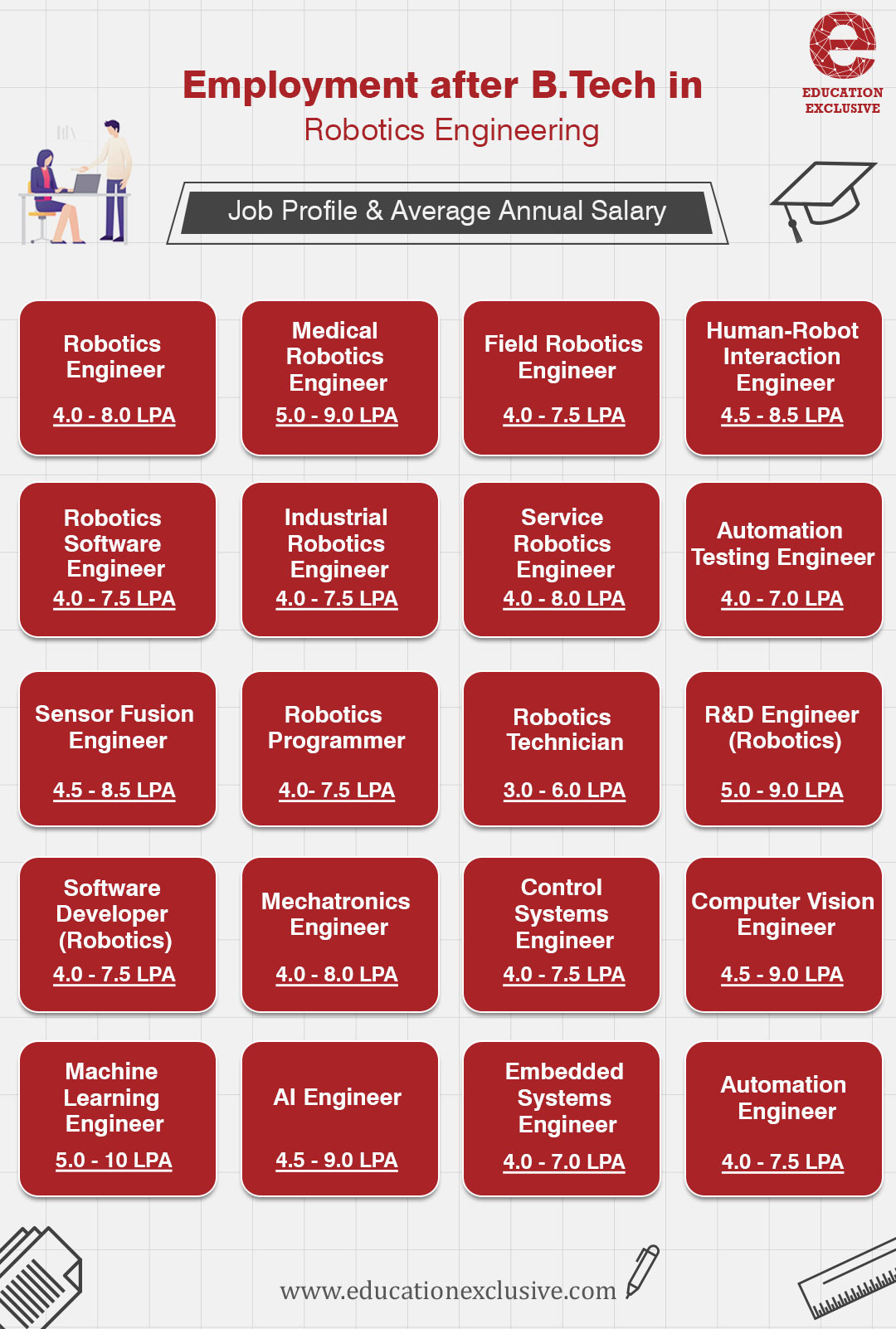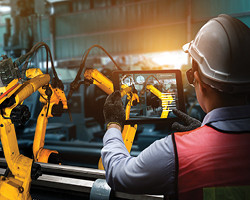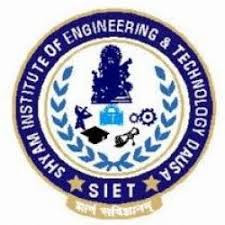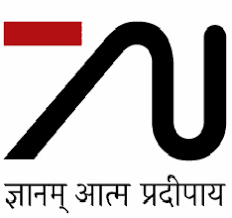Highlights: -
|
Degree Name |
Bachelor of Technology |
|
Level |
Undergraduate |
|
Duration of the course |
4 years |
|
Eligibility |
Minimum 50% in 10+2 with Physics, Chemistry, and Mathematics as the main subjects. |
|
Education mode |
Full-time, Distance. |
|
Admission Process |
Merit as well as Entrance Exams |
|
Entrance Exams |
JEE Main, JEE Advanced, BITSAT, VITEEE, SRMJEEE, COMEDK, KIITEE, WBJEE, MHT CET, MET, AP EAMCET, TS EAMCET, UPSEE, IPU CET, AMUEEE, JKCET, KEAM, TNEA, REAP, CG PET. |
|
Fees of the course |
Rs 10,000 – Rs 3.00 Lakhs |
Eligibility Criteria: -
- The candidates must complete their 12th or equivalent exam from a recognised board with a minimum of 50% marks.
- They must have studied Mathematics, Physics, and Chemistry as their main subjects in 12th.
- The students must clear the cut-off marks of the entrance test.
- Candidates seeking admission to B.Tech courses through Lateral Entry will have to complete their 3 years diploma course from a recognised board.
Syllabus for B.Tech in Robotics Engineering:
The B.Tech in Robotics Engineering syllabus will vary from college to college, but the course aims and subjects shall remain the same; the subject distribution over the syllabus may differ; but the study matter remains consistent. Nevertheless, candidates should check the official website to know the complete syllabus. Here is a general guide to B. Tech in Robotics Engineering syllabus design, as commonly followed by Indian colleges:
|
Semester 1 |
Semester 2 |
|
Engineering Mathematics |
Engineering Mathematics |
|
Engineering Chemistry |
Engineering Physics |
|
Elements of Mechanical Engineering and Workshop Practice |
Engineering Mechanics |
|
Elements of Electrical Engineering |
Elements of Electronics Engineering |
|
Elements of Computer Science & Engineering |
Engineering Drawing |
|
Professional Communication |
Constitution, Human Rights & Laws |
|
Semester 3 |
Semester 4 |
|
Engineering Mathematics |
Engineering Mathematics |
|
Strength of Materials |
Analog and Digital Electronics |
|
Measurement, Data, Acquisition, and Processing |
Machine Dynamics and Laboratory |
|
Introduction to Robotics and Mechatronics |
Artificial Intelligence for Robotics |
|
Electrical Machines Drives and Actuators |
Digital Signal Processing |
|
Environmental Studies |
Fluid Power Systems for Robots |
|
Semester 5 |
Semester 6 |
|
Design of Machine Elements |
Robotic Programming and Simulation |
|
Embedded Processors and Controllers |
Robotics Dynamics and Laboratory |
|
Robot Kinematics and Laboratory |
Robotic System Design |
|
Computer Vision |
Applied Control Systems |
|
Control System |
Digital Image Processing |
|
Engineering Economics and Cost Estimation |
NA |
|
Semester 7 |
Semester 8 |
|
Professional Core Elective - 1 |
Professional Core Elective - 3 |
|
Professional Core Elective - 2 |
Paper Presentation |
|
Paper Presentation |
Project Work |
|
Project Work |
NA |
|
Internship |
NA |
Further studies after B. Tech in Robotics Engineering: -
- M.Tech. in Robotics Engineering.
- Post Graduate Diploma in Robotics Engineering.
- Certification Courses: - Certificate Course in Robotics and Automation, Certified Automation Professional, Certified ROS Developer, Certified Industrial Robotics Professional, Certified AI Engineer, and Certified Embedded Systems Professional.
- Short-Term Training Programs in Robotics Engineering.

FAQs
- Is there any demand for Robotics Engineers?
According to the Bureau of Labour Statistics, the robotics market will show 9% job market growth from 2016 - 2026. It is expected to add about 25,300 jobs in the field.
- What are the top companies that hire Robotic Engineers?
The top companies like TATA, BHEL, BARC, DiFACTO Robotics and Automation, NASA, Tech Mahindra Ltd, Kuka Robotics, and ISRO, hire Robotic Engineers.
- Does Robotics need coding?
Yes, robotics do need coding. The robotic students are usually taught about the applied algorithm and AI, which will also involve the study of some of the programming languages. Also, to make the robot do the desired function, it needs to be programmed.
- Is Robotics Engineering a good career?
The manufacturing industries are being automated so that production could be increased to fulfil the demand of the increasing population, so this is definitely a good career if you have interest in it.
- Is it necessary to give JEE Main for admission in Robotics Engineering in NITs?
Yes, candidates have to appear in JEE Main in order to get admission in B.Tech in Robotics engineering offered by NITs.
- Is Robotics a high paying job?
Yes, a career in Robotics pays well in India. In India, a Robotics Engineer makes an average yearly pay of INR 6.5 lakhs for freshers.
- What are the 5 major fields of robotics?
The five major fields of Robotics wherein candidates can specialise are as follows:
- Operator interface.
- Mobility or locomotion.
- Manipulators & Effectors.
- Programming.
- Sensing & Perception.
Other specialisations in Engineering: -
B.Tech in I.T, B.Tech in Computer Science, B.Tech in Mechanical Engineering, B.Tech in Electronics and Communication, B.Tech in Automobile Engineering, B.Tech in Civil Engineering, B.Tech in Aeronautical Engineering, B.Tech in Chemical Engineering.























